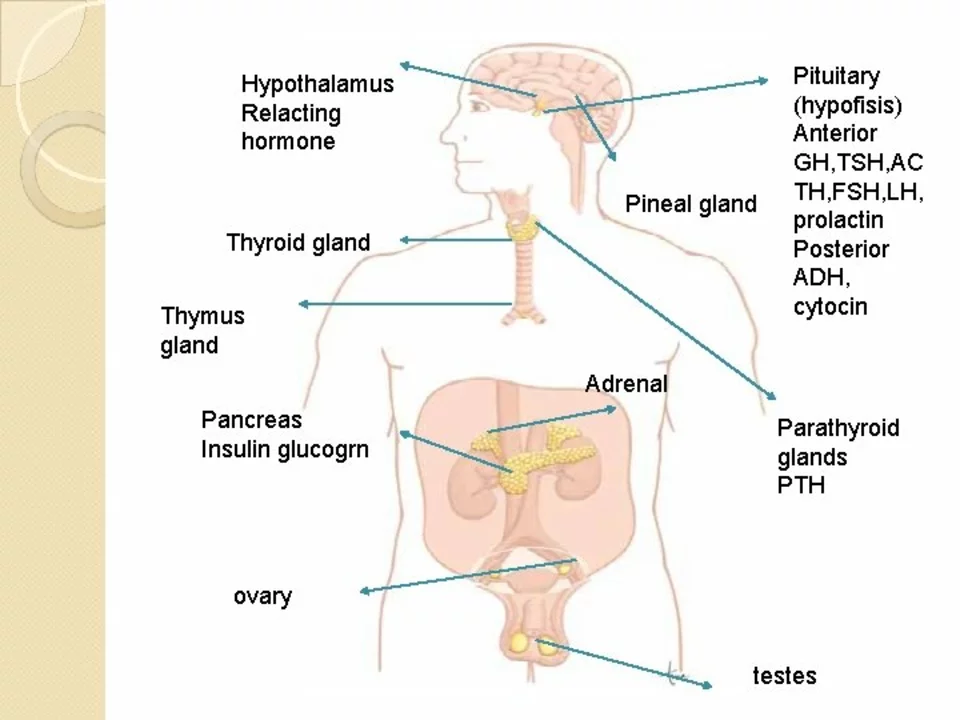Hormonal imbalances: how to spot them and what to try
Small shifts in hormones can mess with sleep, mood, energy, weight and skin — often all at once. If you feel off and your doctor hasn’t found a clear cause, hormones are worth checking. This page gives clear signs, easy actions to take now, and links to deeper reads on medicine and supplements.
Common signs and likely causes
Look for clusters of symptoms, not one-off problems. Weight changes with stubborn belly fat, constant fatigue, low libido, mood swings, irregular periods, acne that won’t quit, or hair thinning can all point to a hormone issue. Causes range from thyroid problems and insulin resistance to stress-driven cortisol changes, sex-hormone shifts (estrogen, progesterone, testosterone), and long-term steroid use. Certain meds and sudden diet changes also trigger imbalances.
If acne or skin reactions are the main issue, read our Accutane guide (Accutane: The Real Story About Isotretinoin) to understand how strong acne meds affect hormones and options. For hair-loss linked to hormones, see alternatives in our Finasteride piece (7 Alternatives to Finasteride).
Practical steps: tests, lifestyle and safe options
First step: track symptoms for a few weeks—sleep, mood, periods, appetite, energy. Take that log to a clinician. Ask about basic blood work such as thyroid tests (TSH and free T4), and a conversation about sex hormones, fasting glucose or insulin if you have weight or sugar issues. Your doctor will tailor tests based on age, sex and symptoms.
Small changes often help a lot. Improve sleep (7–8 hours, regular bedtimes), reduce added sugar and refined carbs, move the body daily (even brisk walks), and cut back on evening screen time. Stress management matters: 10–20 minutes of breathing, short walks, or a quick yoga session can lower cortisol spikes.
Supplements and herbal supports appear in our posts. For example, Shatavari (Asparagus racemosus) is discussed in Asparagus Racemosus: Discover the Power as a traditional tonic for women’s balance. If you’re exploring alternatives to steroid drugs or concerned about long-term steroid effects, see our Prednisone alternatives guide (Prednisone Alternatives for Autoimmune Diseases) for safer drug options to discuss with your doctor.
Don’t self-prescribe hormones or stop prescribed meds. If your doctor suggests medication changes, ask about side effects and simpler alternatives. We cover practical medicine alternatives and what to expect in several articles listed on this tag page.
If symptoms are sudden, severe, or include fainting, very rapid heart rate, uncontrolled weight loss, or extreme mood changes, get medical help quickly. Otherwise, start with testing, small daily habits, and informed conversations with your clinician.
Want focused reading? Use the related articles on this tag to dive deeper into skin treatments, steroid alternatives, herbal supports, and drug options that affect hormones. Save your symptom log and bring it to your next appointment — it makes the whole process faster and clearer.






